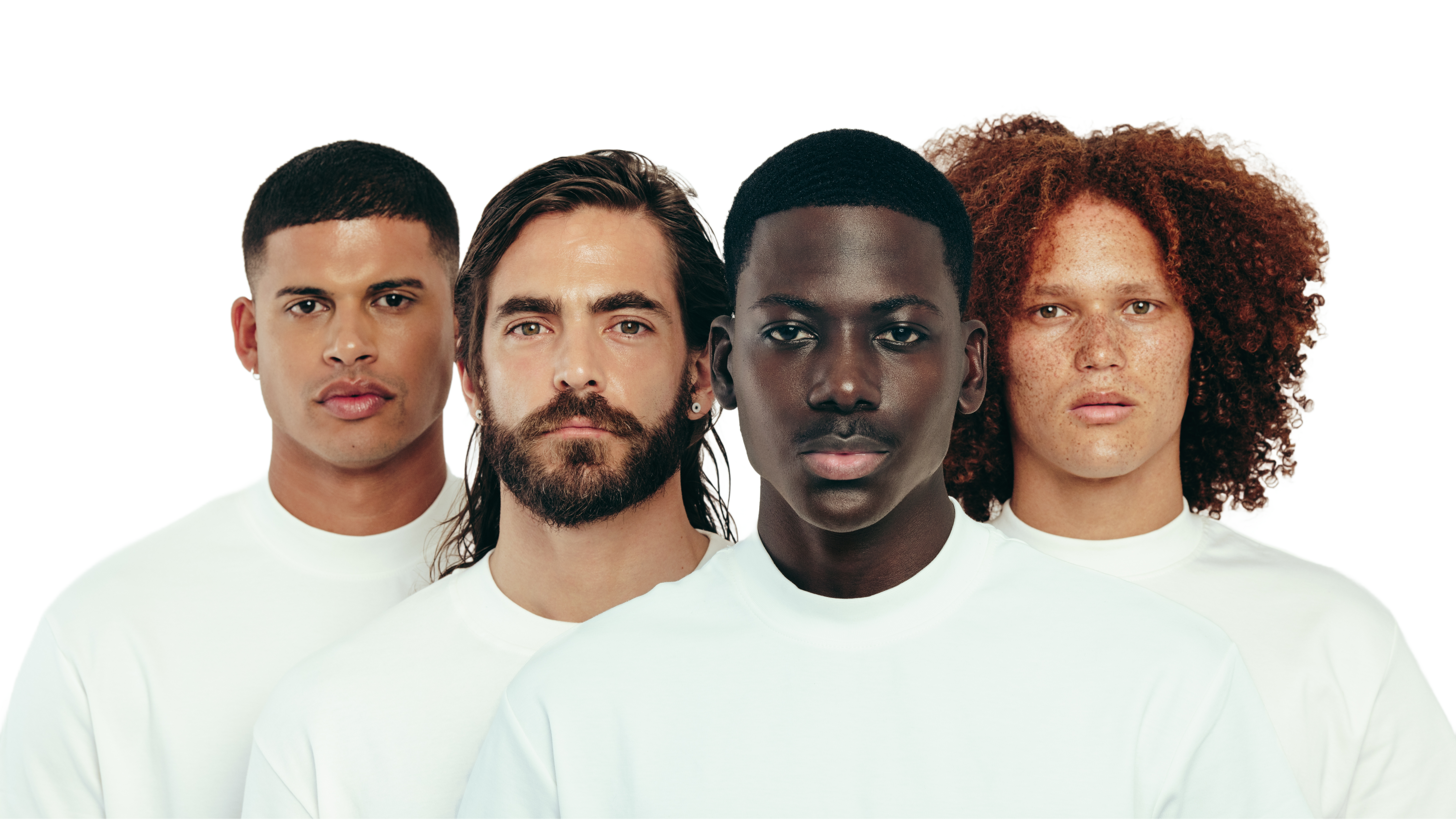This paper studies the effectiveness and safety of narrowband UV-B (NBUVB) phototherapy for treating moderate to severe atopic dermatitis in children. It was a prospective clinical trial that followed patients for 2 years after treatment to assess both short and long-term effects.
-
Narrowband UV-B phototherapy in childhood atopic dermatitis: efficacy and safety
Narrowband UV-B phototherapy in childhood atopic dermatitis: efficacy and safety
Surabhi Dayal, Kalpana Pathak, Priyadarshini Sahu, Vijay Kumar Jain
DOI: 10.1590/abd1806-4841.20175958
None
•
30 participants
•
2017
•
10 citations
Key insights related to Phototherapy from this study:
- Phototherapy is effective at reducing eczema symptoms and severity in both children and adults with moderate-to-severe eczema. Studies show significant improvements in itching, sleep quality, and overall disease severity scores.
- Phototherapy is generally safe with minimal side effects. The most common side effect is dry skin. However, some patients may experience mild redness or burning. People with certain conditions like skin cancer history should not receive phototherapy.
-
What is this paper about?
-
How did the authors study this?
The researchers treated 30 children aged 4-14 years with NBUVB phototherapy twice weekly. They started with a dose of 50 mJ/cm2 and increased it by 10% each session. They measured disease severity using the SCORAD index before, during, and after treatment, as well as during 2 years of follow-up. They also tracked improvements in itching and sleep loss using visual analog scales.
-
What populations did the authors study?
The study included 30 children aged 4-14 years with moderate to severe atopic dermatitis. 90% had moderate disease (SCORAD 25-50) and 10% had severe disease (SCORAD >50). All patients were of Indian origin and had failed to respond adequately to topical treatments alone.
-
What did the authors find?
90% of patients showed clearance of their disease, with most achieving clearance by the 18th treatment session. The SCORAD index decreased significantly from 30.42 at baseline to 7.82 at the end of treatment. Patients also showed significant improvements in itching and sleep. The improvements were maintained during the 2-year follow-up period, though there was some gradual decline in effect. Side effects were mild and included temporary redness in some patients.
-
What conclusions can we draw?
The authors concluded that NBUVB phototherapy is both safe and effective for treating moderate to severe atopic dermatitis in children. They suggest it could be considered as a first-line therapy before moving to more toxic treatments, given its good therapeutic benefits and low side effect profile. However, they note that longer studies are needed to fully assess any potential long-term cancer risks.
Did this article interest you?
As a member of the Lemma Health community, you'll stay up to date with research, hear about new products, and get exclusive access to discounts.

Ready for better skin health?
At Lemma Health, we provide evidence-based skin care. Access dermatologists in all 50 states. Appointments available within 3 days. Receive your medications delivered. Get ongoing 24/7/365 support. Coordinate your care across specialties.